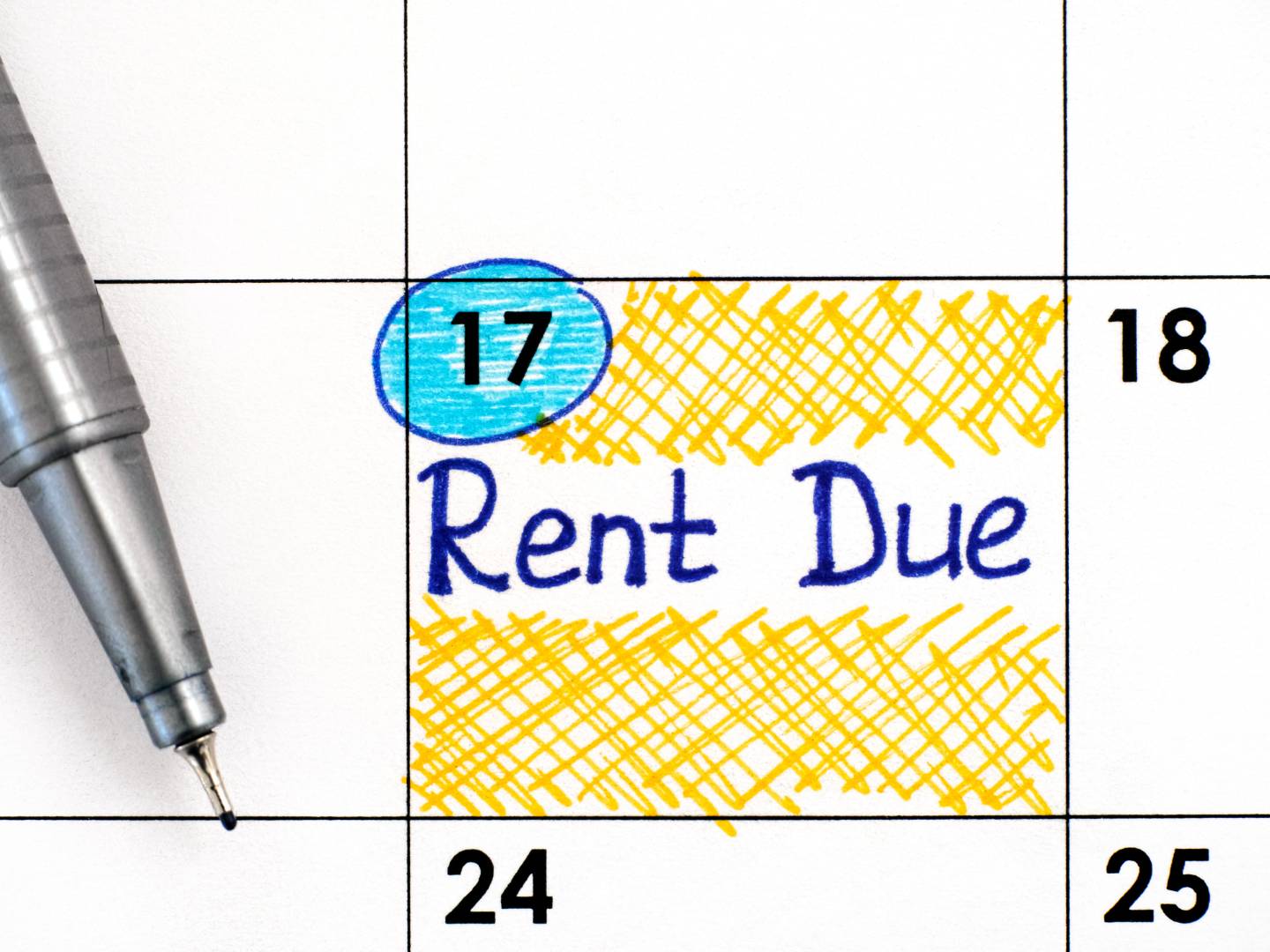How to determine the rental value of my home?
Discover the importance of location, market demand, and other factors in determining your rental income.
Angelina
Determining the rental value of your home can be a difficult and overwhelming task. Ensuring you're getting a good return on your investment while also being fair to your tenants is a delicate balance to strike. And one that requires careful consideration.
In this blog post, we will show you how to determine the rental value of your home in the UK, including:
- tips on researching the market
- calculating rental yield
- understanding the laws in place.

The rule of thumb
As a rule of thumb, your rent should be close to 0.8% – 1.1% of the property's purchase price.
For example, if a property is purchased for £100,000, the monthly rental income should be around £800 –£1,100.
Keep in mind that this rule is a rough guideline and not a hard rule. The actual profitability of a rental property will depend on various factors, such as location, property condition, features, and local rental market conditions.
Imagine, you bought a property for £300,000 in London where an average house price is £542,311. By the rule of thumb, your rent should be around £2,400 – £3,300. But because the real estate prices are so high in London, once you research the market, you might realise that similar properties in your neighbourhood are rented out for less. So, asking £2,400 – £3,300 could price you out of the market.
So, use this calculation as a rough starting point and then consider other factors.
Let's see how you can further adjust your estimate in the following chapters!
The factors that influence the rental value of your property

1. Local market
Researching what other landlords in the area are charging for similar properties is key. You can compare with other online listings or chat with a local estate agent to get a sense of the going rate.
You can ask for a consultation even if you're not going to use the agent's services. It's always beneficial to get a second opinion and learn about the current market trends and conditions. It will give you a good starting point for determining your own rental price.
Luckily, the current market conditions in the UK are in your favour. According to recent data, private rents rose by 4.2% in 2022, and rental income in England reached the highest ever recorded median rent of £800 (October 2021 – September 2022).
Demand for rental properties has also increased significantly, but the supply isn't meeting this demand. In other words, you can expect the number of applicants to rise along with your rental income! And if you know how to filter out irrelevant requests, you’ll be able to find your dream tenant in a jiffy!
The UK government regularly updates statistics on rental prices across England. Use their data and map tool to find median rent prices for the city you plan to rent in.
Median rents in major UK cities in 2022:
- London: £1,475
- Birmingham: £750
- Manchester: £875
Keep in mind that median price can give you a more accurate overview of the rental prices in an area than the average price.
You should periodically reevaluate the market and adjust your rent accordingly. That way you can retain your tenants and avoid frequent turnover.
2. Location of your property
Rent prices don't only vary from city to city. Rentals in desirable neighbourhoods or areas with good transport links and job opportunities are likely to command higher prices than those in less desirable areas.
3. Condition of your property
The condition of your property will influence the rental value of your home. Suppose your rental unit is in excellent condition, with modern amenities and updated features. In that case, you may be able to charge more than a similar unit that is in poor condition.
4. Amenities and furniture included in the rent
Consider additional factors such as utilities, furniture, and amenities, such as parking or gym, and adjust the rent accordingly. The more services you offer to the tenant, the higher the rental price you can ask.
On HousingAnywhere, you can include utility bills and other costs, like cleaning, in the total rental price or add them as separate expenses. You can also choose how often your tenant pays them. Having extra fees shown separately makes your pricing more transparent, making it easy for potential tenants to know what they’ll pay for.

5. Rent control laws
As a landlord, you must always be on top of the local regulations. If you're letting in England, you should particularly familiarise yourself with The Rent Act 1977.
This law ensures that landlords don't charge more than the fair rent for the property, and tenants have the right to challenge the rent if they believe it to be excessive.
The law also limits the frequency and amount by which landlords can increase the rent. Landlords are required to give tenants notice before increasing the rent, and the increase must be reasonable.
Particularly in Ireland, the government has established Rent Pressure Zones (RPZs). This limits the amount of rent that can be increased in certain areas. It's essential to check if your property's location falls under an RPZ and make sure you comply with the rules.
Calculate the rental yield for your property
Rental yield can be a helpful tool to estimate if your rental income generates a desired return on investment.
It's calculated by dividing the annual rental income by the property value and expressing it as a percentage.
A higher rental yield indicates a better return on investment.
Calculating the rental yield for your property can be done by using the following formula:

For example, if the annual rent for your property is £12,000 and the property value is £200,000, the rental yield would be:
Rental Yield = (£12,000 / £200,000) x 100 = 6%
It's worth noting that rental yield varies depending on the location and property type. As a rule of thumb, a rental yield of around 6% is considered to be a good return on investment in the UK.
However, areas with expected high growths in price, like London and the South East of England, may have lower yields. For example, in London, the rental yield ranges from 2.05% – 6.04%, depending on the area.
Remember, setting the right rental price is a balancing act. You want to charge enough to cover your expenses and turn a profit but not so much that you're pricing yourself out of the market. By considering all the factors and doing your research, you'll be able to set a fair and competitive rental price that works for you and your tenants.
This article is for informational purposes only.
This article is for informational purposes only. Please consult the appropriate authorities for the latest updates or a lawyer for legal advice.
Related articles
In this article
Never chase after rent again
Our automated rental collection system sends payment reminders to your tenants – so you don’t have to. Simply schedule your payment requests and we’ll handle the chasing.
Sign me up

